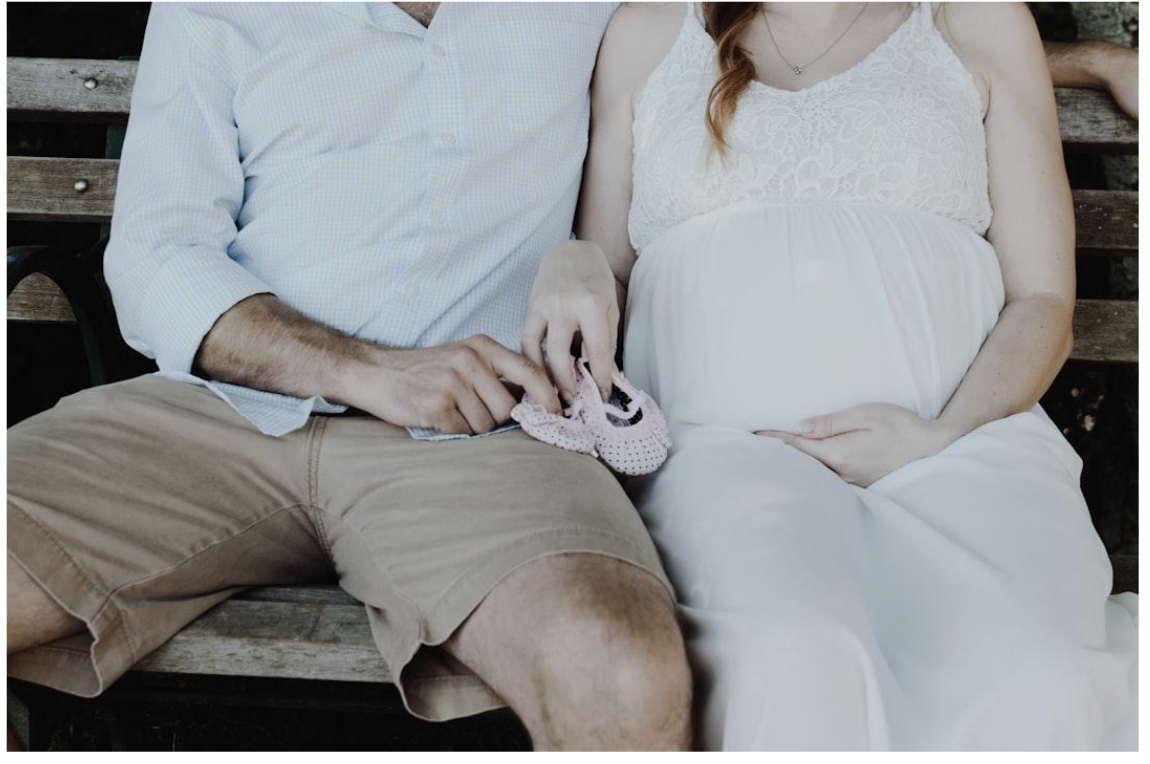How Parental Responsibility Affects Decision-Making for Babies

Parental responsibility is a legal term that encompasses the rights, duties, powers, and responsibilities that most parents have concerning their children. It is crucial for making important decisions that affect the well-being and development of a baby. If you’re uncertain about what this entails, consulting parental responsibility solicitors can provide clarification.
In this article, we explore the profound impact parental responsibility has on navigating crucial decisions, the ethical considerations involved, and how parents balance their values, societal norms, and expert advice in their quest to provide the best for their children. Let's delve in...
Legal Framework of Parental Responsibility
The legal framework surrounding parental responsibility often varies depending on jurisdiction, but generally, it includes the following aspects:
1. Decision-making about the baby's education and schooling.
2. Consent to medical treatment and healthcare decisions.
3. Determining the baby's religious upbringing.
4. Providing the baby's name and nationality.
Understanding these responsibilities is essential to ensure that both parents are aligned in their approach to caring for their baby.
How Parental Responsibility Affects Decision-Making in Healthcare
Medical Consent and Treatment
One of the most critical areas where parental responsibility plays a significant role is in healthcare. Both parents must agree on medical treatments and interventions for their baby unless one parent has been granted sole parental responsibility by a court.
According to a study on parental decision-making in neonatal care, the collaborative approach between parents and healthcare providers can significantly impact the outcomes of infant health.
When parents disagree, it can delay necessary treatments, potentially putting the baby at risk. Therefore, open communication and understanding are paramount in making healthcare decisions.
Preventive Care and Routine Check-ups
In addition to emergency treatments, preventive care and routine check-ups are also crucial. Regular visits to the paediatrician ensure that the baby’s development is on track and that any potential health issues are identified early. Parents with shared responsibility need to coordinate these visits and discuss any concerns with healthcare professionals.
How Parental Responsibility Affects Educational Decisions
While it may seem premature to think about education for a baby, early decisions can shape their future. From choosing the right childcare facilities to planning for preschool, educational decisions made during the early years lay the foundation for a child’s learning and social development.
Parents must evaluate various aspects, such as the quality of care, the learning environment, and the values and principles upheld by the institution. According to findings from a comprehensive study on early childhood education, high-quality early education has lasting benefits on a child’s cognitive and social skills.
Alignment and Consistency
Consistency is key when making educational decisions. Both parents should be in agreement about the type of education and care they want for their baby. This unified approach ensures that the child receives consistent messages and support, fostering a stable and nurturing environment.
Various Educational Options
When deciding on early education, parents have several options to consider:
- Childcare Centres: These facilities provide care and early education in a structured environment. They often follow a specific curriculum designed to support cognitive and social development.
- Home-Based Care: Some parents prefer home-based care where a caregiver looks after the baby in a more personalised and flexible setting.
- Nursery Schools: These institutions focus on early childhood education and often provide more formal teaching methods while still incorporating play and social interaction.
Each option has its benefits, and parents should choose one that aligns with their values and their baby’s needs.
Religious and Cultural Upbringing
Shared Beliefs and Practices
Parental responsibility also extends to the religious and cultural upbringing of a child. Decisions related to religious teachings, practices, and cultural traditions play a vital role in shaping a child's identity and values. Both parents should discuss and agree on how they wish to introduce these aspects into their baby’s life.
For instance, parents must decide whether to participate in religious ceremonies, celebrate specific cultural festivals, or teach the baby a particular language. These decisions should be made collaboratively to ensure that both parents' beliefs and traditions are respected and upheld.
Balancing Different Perspectives
In families where parents come from different religious or cultural backgrounds, these decisions can be more complex. It’s essential to find a balance that honours both heritages while providing the baby with a consistent and enriching upbringing. Compromise and mutual respect are crucial in navigating these differences.
Legal Considerations for Parental Responsibility Orders
Resolving Disagreements
Despite best efforts, disagreements between parents can arise, particularly in areas involving healthcare, education, and upbringing. When these situations occur, it may be necessary to seek legal advice or mediation to resolve conflicts in the best interest of the child.
Sole Parental Responsibility
In certain circumstances, one parent may be granted sole parental responsibility by a court. This arrangement typically occurs when it is deemed that one parent is better suited to make decisions in the child’s best interests due to various factors such as the other parent's absence, incapacity, or behaviour that may put the child at risk.
If sole parental responsibility is granted, the designated parent will have the authority to make all major decisions regarding the baby’s welfare without needing the other parent’s consent.
How Parental Responsibility Affects Decision-Making for Babies…
Parental responsibility significantly impacts decision-making for babies, influencing every aspect of their early development and well-being. From healthcare and education to religious and cultural upbringing, the collaborative efforts of both parents can provide a nurturing and stable environment for the child.
It is essential to approach these responsibilities with care, understanding, and mutual respect. By working together and seeking professional advice when needed, parents can ensure that their baby’s needs are met, and their future is bright and promising.






